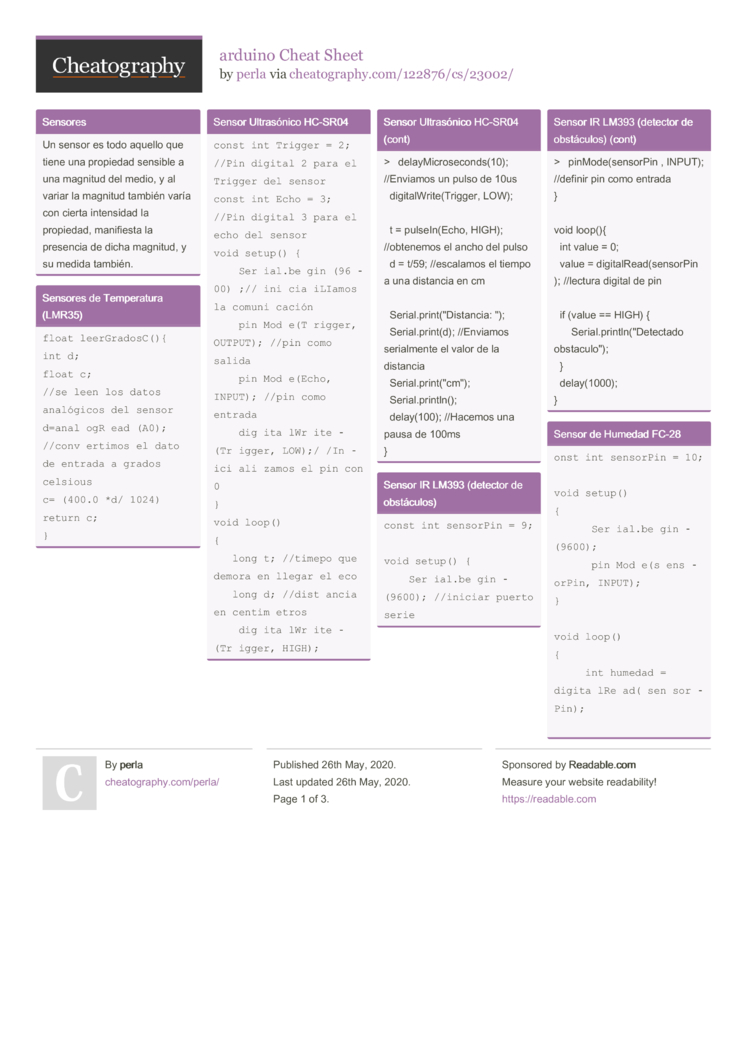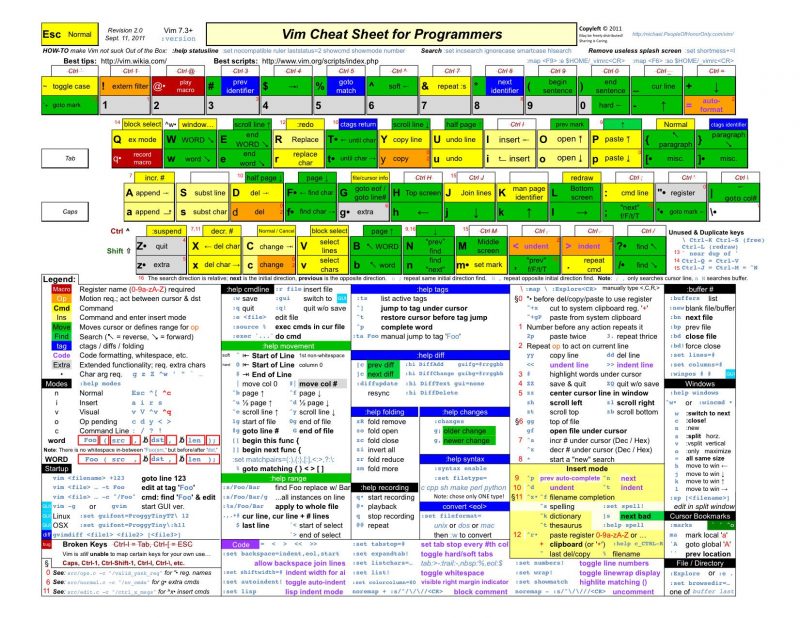

I used Vim plugins in LightTable, Atom, and TextAdept for a few months before actually making the switch, and it made things a bit easier. Every good editor has a Vim plugin, and I actually recommend starting this way if you're not comfortable switching all at once. You can also get started in some other editor. Use the thing that makes you comfortable. I don't see the point in them personally, because they don't add anything except some menus and buttons which all do things you can just do in Vim or in the shell anyway, but some people really like them. You can use those if you want, there's nothing wrong with them. There are graphical versions of Vim - Gvim, MacVim, GUI wrappers for Neovim, etc. Vim 7.x is pretty old, and missing a lot of the nice things that are in Neovim and now in Vim 8. I use and highly recommend Neovim, but if that's not available or up to date for your system, make sure you're on Vim 8. Chances are it's a stripped-down and/or old version, though. Most OSs will come with some version of Vim already installed (the exception being Windows). You should get in the habit of checking the help before Googling something, because the help is probably more accurate, and is also closer at hand. The help in Vim is great, probably better than any other editor's.

If you get stuck at any point, use the built-in help (with :h thing, like :h reg). You don't need to remember it all, but it's a handy reference. This bit, from the guy who wrote Vim originally, is also worth a read.
#Macvim cheat sheet pdf how to
It explains a lot about how to think about using Vim.
#Macvim cheat sheet pdf install
If you're on Windows, you'll need to install Vim manually, and then you should have Vim available under %ProgramFiles%\vim\vim\vimtutor.bat. I think I've gone through it two or three times, and the first time took me three days, doing just a bit at a time. You don't have to do it all at once, and you don't have to do it only once. Just type vimtutor in a terminal, and do the whole thing. If you're on Linux, BSD, or Mac, you probably already have it installed. Learning how to move and enter text is important, but it's also important to know why things are the way they are in Vim. If that's all you need in an editor, switch to Notepad or Nano. They won't help you understand Vim, they'll just teach you enough to be able to open it, enter text, move around, and quit. They'll only teach you the basics, usually just of navigation and maybe two modes. A lot of them take the form of games and such. There are loads of resources for learning Vim out there. So does Vim, but for me the good far outweighs the bad with Vim (and most of the bad is Vimscript, which is kind of really rough). They all have their good parts and their bad parts. I've used loads of editors in the past (Nano, Notepad++, Kilo/OpenEmacs, Hipper, Atom, LightTable, WebStorm, Visual Studio, VS Code, TextAdept, Sublime Text, and probably others). That being said, I love Vim, and if you want to learn it, and have the time to get moving with it, I think you should. Learn Vim if you're tired of how resource-heavy Atom is, or you spend a lot of time sshed into servers, or you just haven't found something that felt right yet. If you know your editor well and can get stuff done in it, don't switch editors just because someone said you should. It doesn't matter if you use Atom or Emacs or Eclipse or whatever. You should learn Vim if you're not happy with what you're using now. If you're already good with your editor, and it suits your needs, stick with it. Real programmers use whatever tools help them be productive. Vim fits really nicely into the environment and workflow I already had (entirely terminal-based).Īre you sure? Why do you want to learn Vim? Is it because someone told you your editor isn't a real editor and real programmers use Vim (or Emacs)? That's bullshit. I'm writing this post in Vim because it's far more comfortable for me now than some other thing with buttons and menus and pointing and clicking and all that. I'm not a Vim expert, but I'm solid enough with it that I can be much more productive in Vim than in any other editor. It took me a while to figure out what I wanted in an editor, and when I did figure it out it turned out Vim was what I needed. I've been using Vim full-time for around two years now, and used a lot of other editors before Vim. It's more of a guide to guides and a short overview of resources. Why am I qualified to talk about this? There are so many Intro To Vim posts/articles/whatever out there, so why should you read this one?


 0 kommentar(er)
0 kommentar(er)
